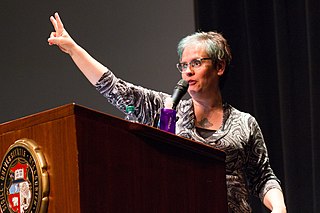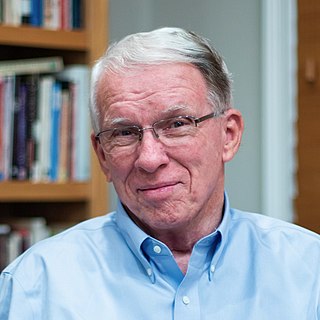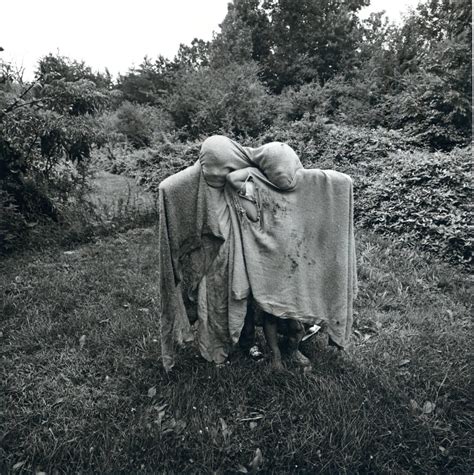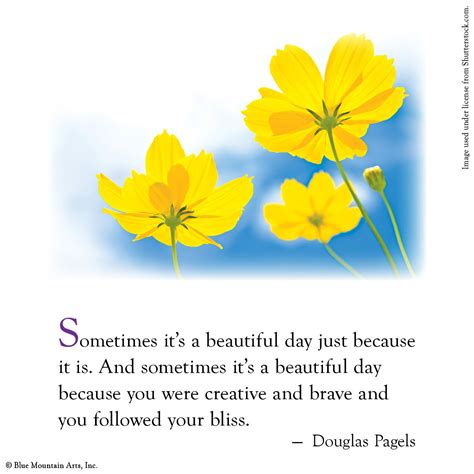A Quote by Dan Ariely
We usually think of ourselves as sitting the driver's seat, with ultimate control over the decisions we made and the direction our life takes; but, alas, this perception has more to do with our desires-with how we want to view ourselves, than with reality.
Related Quotes
We all have different desires and needs, but if we don't discover what we want from ourselves and what we stand for, we will live passively and unfulfilled. Sooner or later, we are all asked to compromise ourselves and the things we care about. We define ourselves by our actions. With each decision, we tell ourselves and the world who we are. Think about what you want out of this life, and recognize that there are many kinds of success.
God is good. He is eager to forgive. He wants us to perfect ourselves and maintain control of ourselves. He does not want Satan and others to control our lives. We must learn that keeping our Heavenly Father's commandments represents the only path to total control of ourselves, the only way to find joy, truth, and fulfillment in this life and in eternity.
Reality is a harsh mistress. She demands our honesty. She demands our work. She demands that we give up comforts, that we let ourselves feel pain, that we accept how small we are and how little control we have over our lives. And she demands that we make her our top priority. But she is more beautiful, and more powerful, and more surprising, and more fascinating, and more endlessly rewarding, than anything we could ever make up about her.
How do we define, how do we describe, how do we explain and/or understand ourselves? What sort of creatures do we take ourselves to be? What are we? Who are we? Why are we? How do we come to be what or who we are or take ourselves to be? How do we give an account of ourselves? How do we account for ourselves, our actions, interactions, transactions (praxis), our biologic processes? Our specific human existence?
There are studies that have shown that we make decisions, ethical and otherwise, based on the way we imagine ourselves as characters in the stories of our lives. In other words, if we imagine ourselves brave or crazy or open, we're more likely to make decisions in a given situation based on how we imagine ourselves, whatever the facts may be.
Of course, this is one of the really important things about art, that you can make more than you can understand at the moment the thing is being made. But the gap between what we recognize inside ourselves - our feelings- and our ability to trust ourselves and to trust exposing ourselves to those ideas, can be great.
We have the ability to choose, we are God's higher form of creation, we surpass all other forms of life and we don't use the mental faculties we've been given. We don't even understand what we are capable of doing. School doesn't teach us anything about ourselves. So the more we learn about ourselves, the more we take control over our life.
We cannot too soon convince ourselves how easily we may be dispensed with in the world. What important personages we imagine ourselves to be! We think that we alone are the life of the circle in which we move; in our absence, we fancy that life, existence, breath will come to a general pause, and, alas, the gap which we leave is scarcely perceptible, so quickly is it filled again; nay, it is often the place, if not of something better, at least for something more agreeable.





































